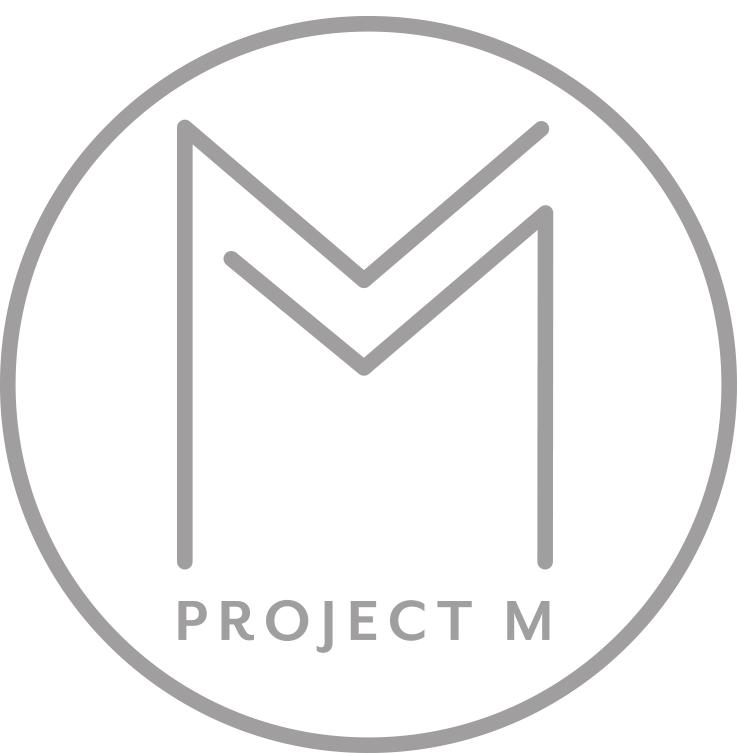The Reasons for Riesling
March 13th is Riesling Day!
Historians surmise that Riesling turns 586-years-old in 2021, but I suspect it is much older than that.
Ancient rumor has it that the "Bernkasteler Doctor" Vineyard in Germany's Mosel Valley was the world's first named vineyard. The story goes that a prince of the German aristocracy was ill and moved to a castle near Bernkastel to die a private death. A local vintner believed the wines from his vineyard could heal the prince and delivered a barrel of wine to the castle. As the legend goes, the wine did the trick, the prince survived, and that vineyard became known as the "Doctor."
Photo by cottonbro
You would think that from such an honorable history, Riesling would be spoken about with much love and adoration. Alas, instead of the world's most beloved white wine, Riesling qualifies as the world's most misunderstood wine. It only has itself to blame.
Because Riesling is exceptional at producing sublime wines in sweet styles, it has become the grape of choice for sweet wine production. Though I've previously taken on the myth that sweet wine can't be serious, not all sweet wines should be taken seriously.
Here on Riesling Day in its 586th year, I don't find myself writing as one voice among thousands to celebrate it. The streets aren't festooned with ticker tape. The air won't fill with the clink of glasses of Riesling toasting.
In the minds of the average consumer, Riesling is sweet. This inaccurate default setting has proven difficult to overcome. But I happily commit myself as an obsessed Riesling lover determined to correct a global injustice; the wrongful malignment of the world's greatest white wine grape. Its acidity and fruit profile make for a great diversity of wine styles, only some of which are sweet.
I have presented my Schlüssel Willamette Valley Riesling to Sommeliers who share my passion for Riesling on countless occasions. They taste it, offer flattering commentary, and often conclude with, "but I can't sell it." Ironically, the account that has had the most success selling Schlüssel advised that I label it as "just white wine," suggesting that if consumers didn't know it was Riesling, it would fly off the shelf.
Making Riesling is not a sound business decision. If I were a businessperson turned Winemaker, I wouldn't ferment a single drop of it. But I'm not; I'm a Winemaker turned businessperson.
At PROJECT M, we don't work with specific grapes or vineyards but with ideas. I often refer to them as virtues. I see them as the reason we work with a particular grape from a particular vineyard.
The Reasons for Riesling are:
Purity.
Riesling, when properly handled, has a crystalline purity about it. Most white wines embody complexity akin to muddled flavors huddled tightly together, avoiding attention. In Riesling, the fruit and mineral flavors are as clear and delineated as they are numerous. Its complexity is more like the piano chord progressions on Miles Davis' "All Blues,"; each note resonating for a moment before being overtaken by the next.
Precision.
Riesling is like a sculpture carved and chiseled. Its edges are well defined. Its volume lies in stark contrast to the space around it. At its best, it defies gravity with a weightless presence that avoids being vague. Many white wines take well to covering burrs and barbs with "putty" in the form of sugar, oak, or lees. Riesling demands polishing resulting in a firm but smooth surface reminiscent of glass or steel.
Transparency.
Riesling would be a horrible poker player. It shows with high fidelity the characteristics of both its origin and season. Handled too carefully and it will be boring. Too loosely, it will be corrupt. It resists being gussied up or fixed. Like Pinot Noir, it leaves the Winemaker no place to hide. It tells true stories in great detail with an eloquent voice.
If you are a Riesling fan, you already know this. For you, Riesling Day provides no further incentive to open a bottle and reflect. For those who aren't entirely convinced, Riesling Day is an opportunity to set aside myth and stereotype and allow yourself to realize the genius that has been in front of you all along. Perhaps all you've needed was a reason.

